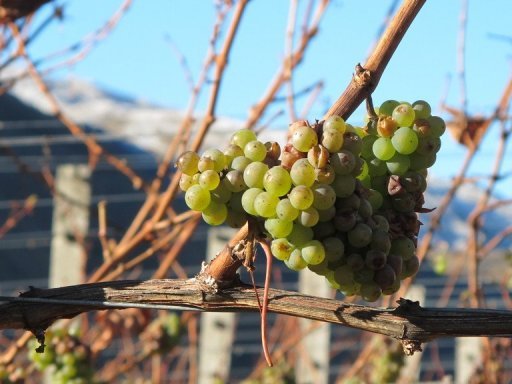
Maling said New Zealand’s cool, coastal climate provided the perfect environment for pinot noir and vines planted three decades ago were now producing wines with a complexity to match those of Burgundy.
“It’s not about whether or not we can grow pinot noir, it’s about how good it can get here,” he told AFP.
“Pinot noir has a fantastic future in New Zealand, it’s intriguing how it’s evolving.”
Neill suspects New Zealand growers are regarded as upstarts by their French counterparts but said they were developing their own style, not trying to clone Burgundy wines.
“I think of us as being the bastards of pinot noir,” he said. “We’re like the illegitimate child, unacknowledged by our parent (Burgundy), unwanted and ignored, but we don’t care.
“My guess is it makes some people in Burgundy a little anxious, but there’s no need to be because we don’t want to make Burgundy, we want to make our own wine.”
Deciphering wine-speak can be difficult for those unfamiliar with it, but Neill and Maling consistently use adjectives such as “fresh”, “bright” and “vital” when asked to describe New Zealand pinot noir’s qualities.
It is now New Zealand second largest wine export, with volumes almost tripling to 10.6 million litres (2.3 million gallons) between 2006 and 2012 amid growing international interest.
Maling said that was still only about 10 percent of the country’s total wine exports, with the grape’s low yield and relatively high price meaning it is unlikely to supplant sauvignon blanc (60 percent) as the industry mainstay.
“I don’t think it would ever overtake sauvignon blanc, purely because you’re never going to have the same volume of pinot noir,” he said.
Neill, who admitted sometimes being frustrated as his acting commitments mean he is away from his vineyard up to eight months a year, said producing even small amounts of top pinot noir would only enhance the international overall reputation of New Zealand’s wines.
“It doesn’t matter how much wine in the world, even if we’re drowning in a lake of wine, there’ll always be a shortage of great wine,” he said. “There’s never enough great wine.”

